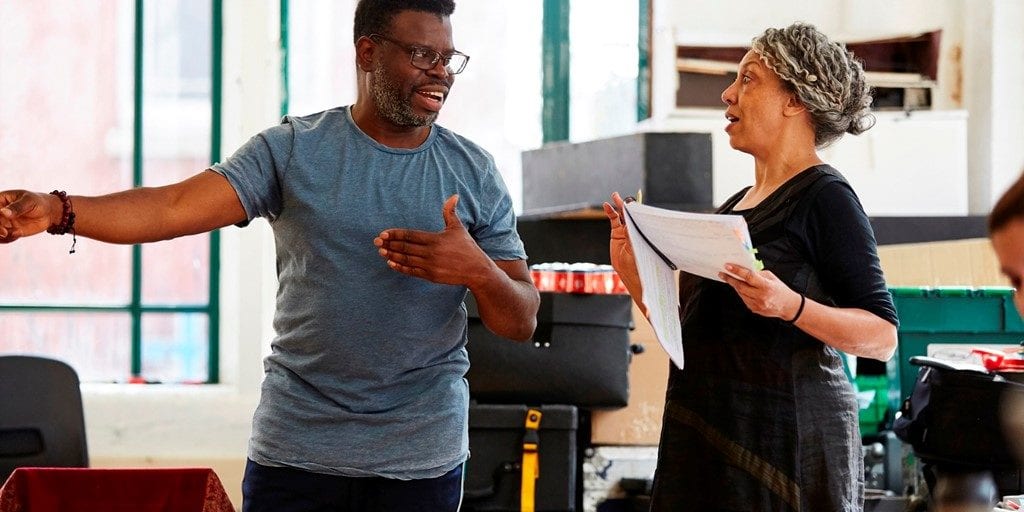Tennessee Williams is considered one of the foremost playwrights of 20th Century American drama. What is it about his writing that makes him so influential?
In rehearsal we constantly marvel at the encyclopedic range of his personal world. His plays touch the many facets of the human condition – love, power, sexuality, loss, internal strife, science, class and much, much more. And all enveloped in vivid imagery, gregarious humour, music and poetry.
You’re setting this production of The Glass Menagerie in an African American community. What was the inspiration for this?
It is a well-known fact that this is the most autobiographical of Tennessee Williams’ plays. The story, written in 1944 – five years after the end of the worst economic downturn in the history of the industrialized world (and the start of World War II) – was drawn from the author’s own immediate family. Yet St Louis, Missouri was not only home to a furious resentful Tennessee, his domineering Southern mother Edwina, and his emotionally fragile, mentally absent, sister Rose, but had also been a major slave auctioning center during the 1850s. St Louis experienced the impact of the abolition of Slavery and the influx of African American families escaping the intolerable Jim Crow segregation laws down in the South. One of the beauties of our work telling stories in theatre is reimagining how the experience of an original story resonates universally. How does the narrow focus on the challenges faced by the Wingfield family connect with any other household living under the same conditions, during the same decade, in the same town? These are the questions we have explored in our production of The Glass Menagerie.
You were the second theatre director of African descent to establish a national touring company in the UK, when you founded tiata fahodzi in 1997. Over 20 years on, how far do you feel representation of diversity in British theatre has come, and how much further do you feel we still need to go?
tiata fahodzi is incredible. I am proud of what my ‘first’ child has grown into and the wonderful feats accomplished by the two artistic leaders who succeeded me. So here’s the thing. In this country, when you look back through the decades, we still only have a handful of organisations far removed from the traditional staple diet of mainstream theatre practice. I acknowledge there has been a significant shift in the national mindset. It would seem, however, that this is only exemplified to a huge degree in London, as diversity in artistic leadership within the capital has indeed quadrupled – from a position of zero. Yet diversity, as we know, is not simply limited to race and colour, or indeed to a specific geographical location. London is a mere microcosm of what the entire country ought to experience. This is what I look forward to.
What can audiences expect from this production of the play?
A story that will lift, exhilarate and move you and your companion.
The Glass Menagerie plays at Arcola Theatre from 23 May until 13 July 2019. Click here for more information and to book tickets.


